Netanyahu finds himself in a political and tactical tight corner
Benjamin Netanyahu, fighting for his political life, is keen to buy time, domestically and internationally. But Israel and Hamas are fighting for their futures, a more important war to be settled in Khan Yunis.
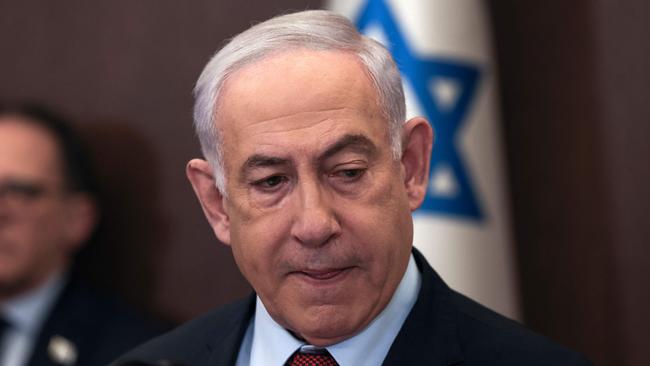
The sharp end of the war in Gaza has been reached. Tanks are fighting in the streets of Khan Yunis, the southern city that is home to Yahya Sinwar, Hamas’s local leader, and to much of its military infrastructure.
The Israel Defence Forces (IDF) is also still facing resistance in Shejaiya, a suburb of Gaza City in the north, and in the large Jabalia refugee camp. President Biden is calling for an end to the war by early next month but the IDF reckons it will take at least six weeks to subdue Hamas’s urban resistance, if not longer, setting up difficult political choices for Israel’s prime minister, Benjamin Netanyahu.
In truth, if Netanyahu wishes to avoid the taint of failure, he has little choice but to pursue the plans his military have laid down for him to the bitter end – and hope that America will stick by him.
From the outset, the plans for the Gaza war had a number of stages, whose form is becoming ever clearer but which were in fact obvious and inevitable, given the nature of the challenge Hamas poses.
The first was the aerial bombardment in response to the initial attacks on October 7. IDF jets hit targets already identified by military planners: presumed Hamas control centres, tunnels and the homes of Hamas leaders.
Then, after three weeks, the tanks went in. Just as the Israeli government promised, this has been an invasion of a different scale to previous rounds of the conflict: eradicating Hamas, the stated goal, necessitates the capture and control of the whole of the Gaza Strip.
That is the stage of the war in which Israel currently finds itself, and while it could have gone a lot worse, predictions that Hamas’s mastery of asymmetric urban warfare would be difficult to overcome have proved correct and after six weeks, Hamas still holds out in parts of Gaza City.
Israel has found itself in a tactical quandary thanks to the disaffection of American Democratic voters and other erstwhile supporters.
It can speed up the fighting to meet the American deadline – it has poured an entire division, the 98th, into the capture of Khan Yunis – but at the expense of ever-growing numbers of civilian lives.
Or it can hold off from, for example, attacking Rafah, the city on the border with Egypt, where up to a million people are now sheltering, but risk Hamas leaders holding out there and surviving.
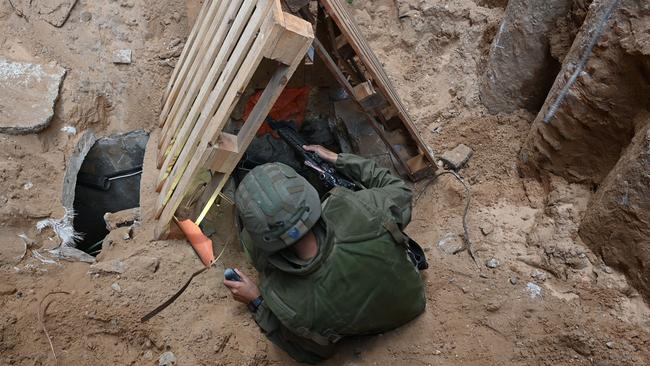
That is before it embarks on the next stage, whose contours have been left vague in public discussion but which can involve only one thing: a military occupation of Gaza to guarantee there is no revival of Hamas, that none of its fighters linger in their tunnels to emerge later, and to ensure, somehow, the return of the remaining hostages.
They will use the time to build a buffer zone around the border, within Gaza’s territory, to prevent any attack happening ever again. That occupation, the generals seem to think, will last up to a year. From their point of view, it is not included in the American demand to end the war quickly. They have to hope that America sees it the same way.
The final stage is one where Netanyahu hopes he can dangle a carrot in front of the US to buy its patience: the reconstruction of Gaza.
His spokesmen insist there is no plan to push Palestinians out of the territory, despite comments by right-wing members of his government.
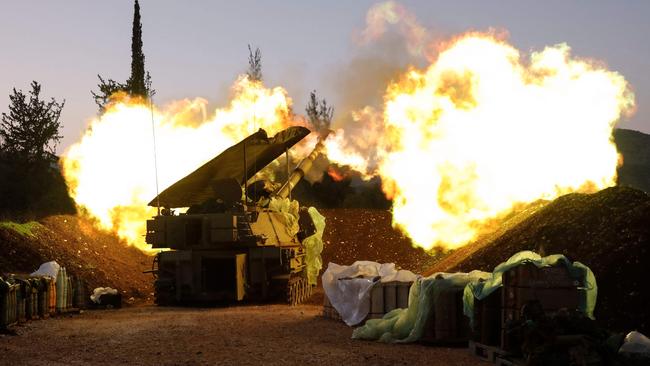
Beyond that he is vague, but he has established a committee to set out the options, according to Channel 13 television, led by the national security adviser Tzachi Hanegbi but notably also including the Israeli ambassador to Washington, Michael Herzog.
He has rejected handing Gaza over to the Palestinian Authority (PA), which runs the West Bank, and its leader, Mahmoud Abbas. He would prefer a coalition of Gulf Arab states led by the United Arab Emirates to take charge – a burden they are unlikely to welcome.
However, he has ruled nothing out and is reported to be considering the resumption of payments of tax receipts to the PA, an apparently routine but highly political act.
Netanyahu, fighting for his political life, is keen to buy time, domestically and internationally. But Israel and Hamas are fighting for their futures, a more important war to be settled in Khan Yunis.
The Times


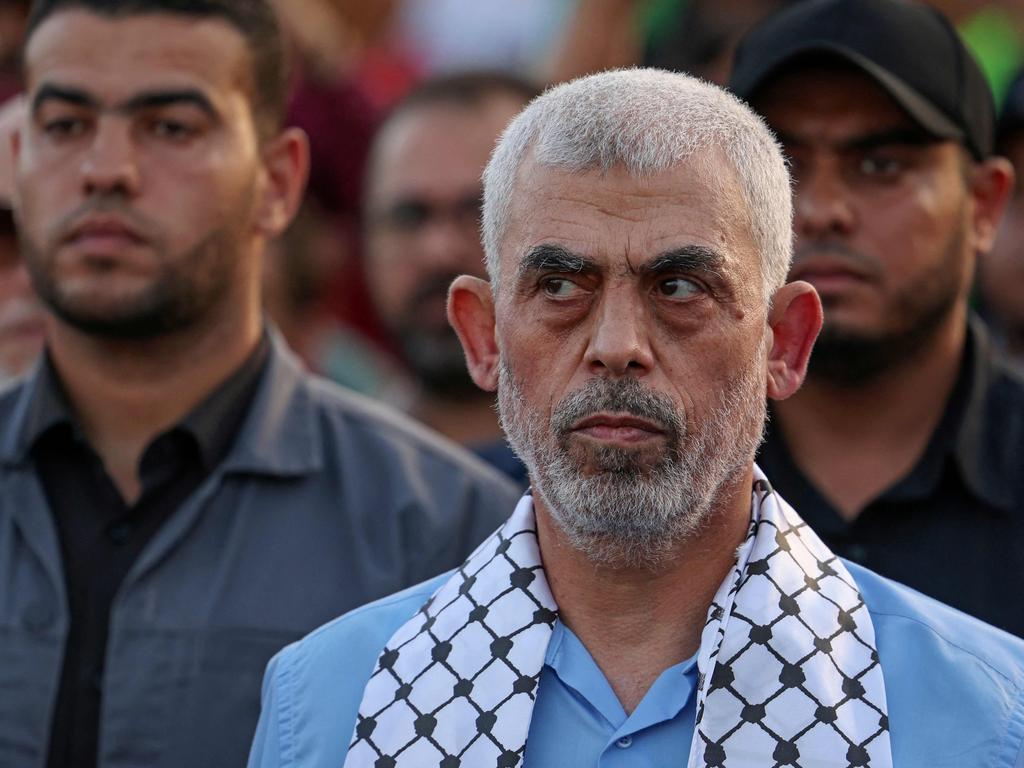
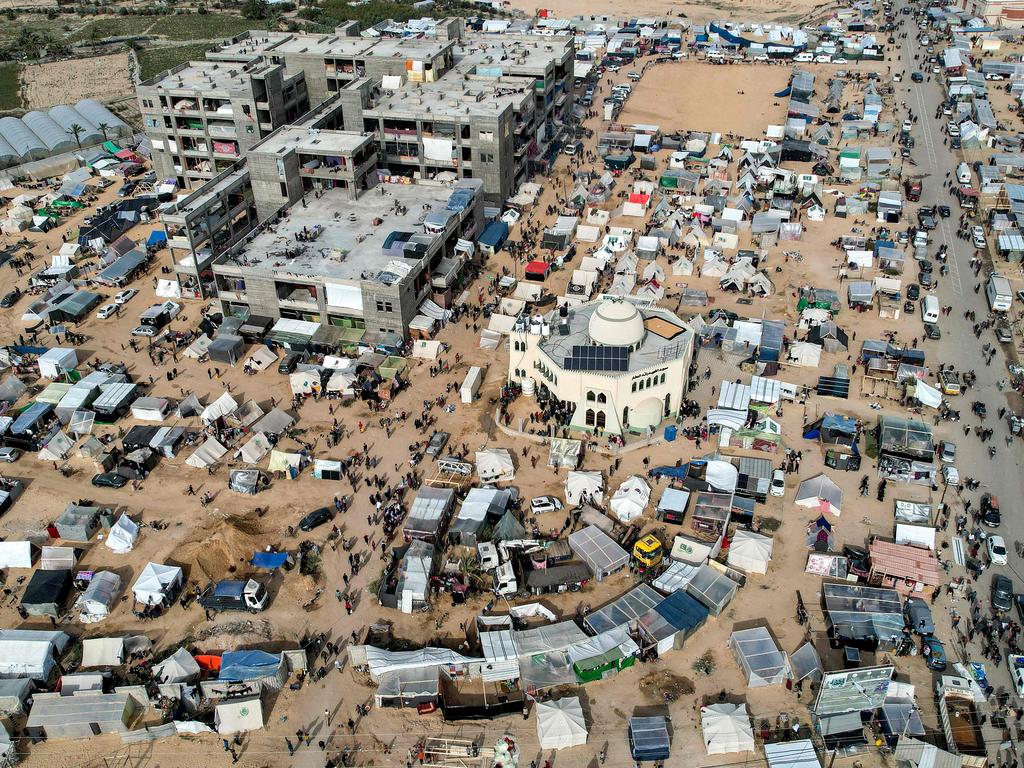
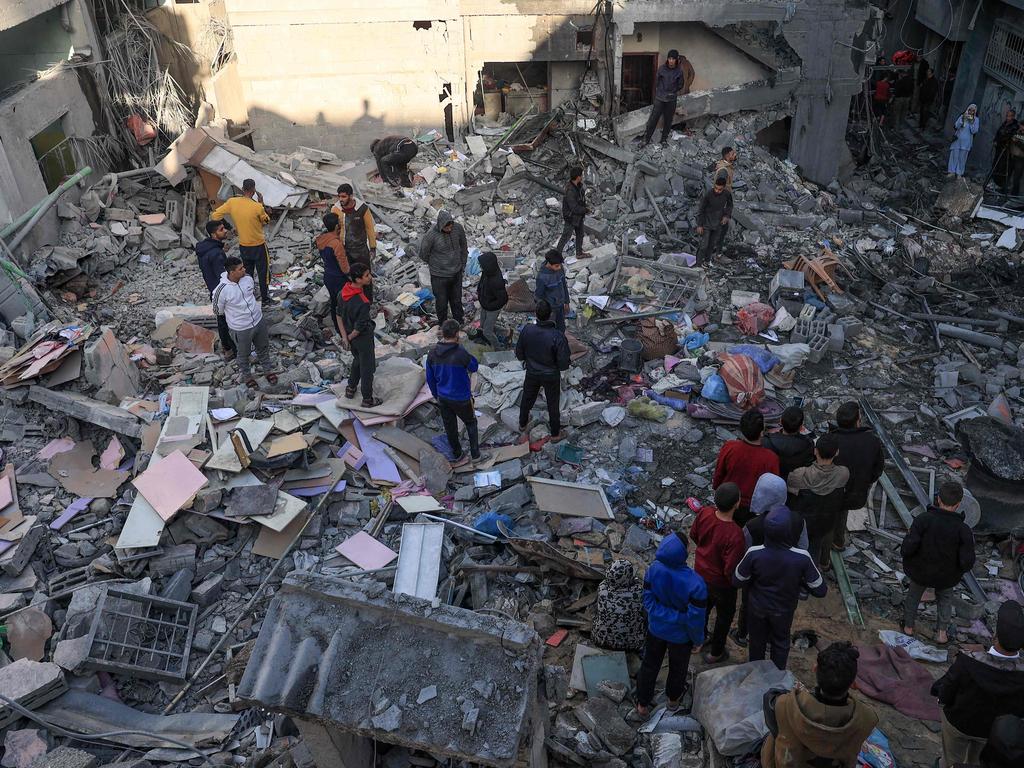

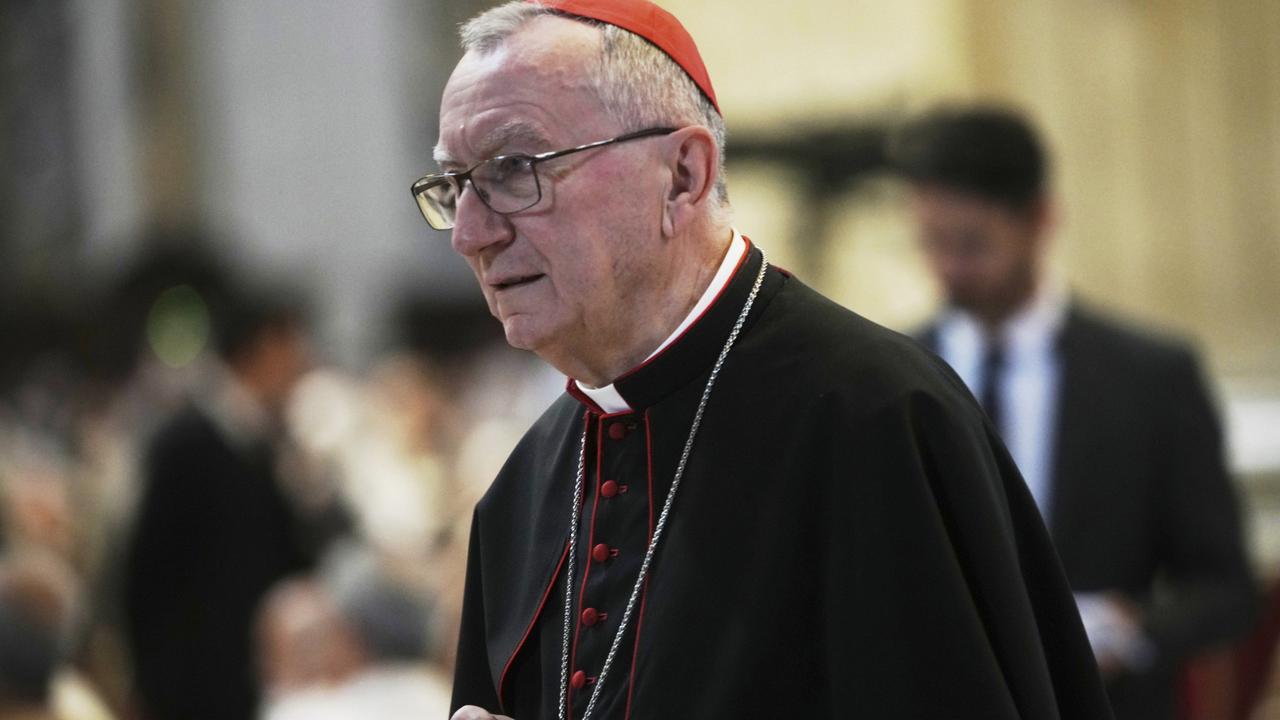
To join the conversation, please log in. Don't have an account? Register
Join the conversation, you are commenting as Logout